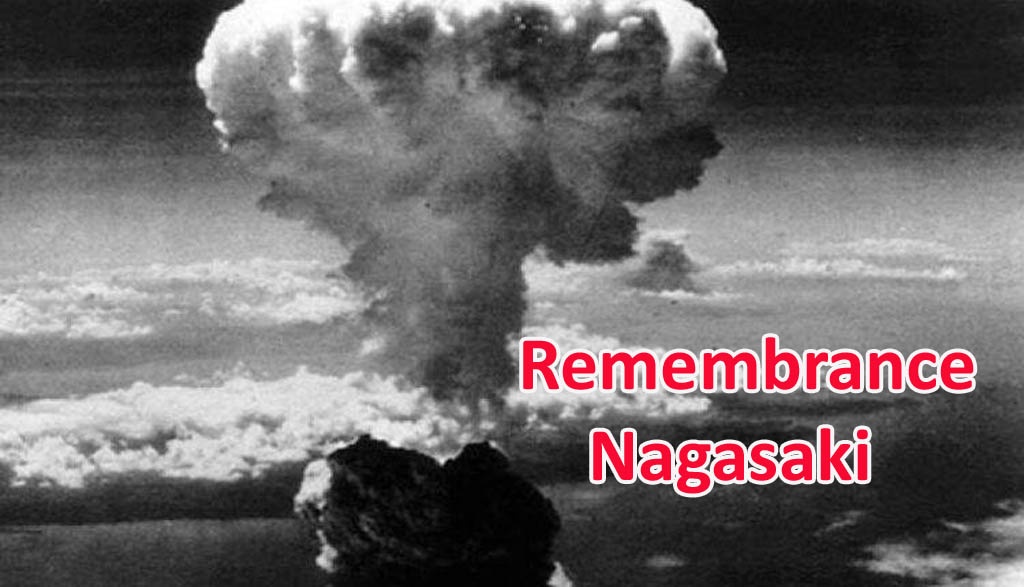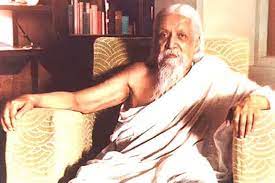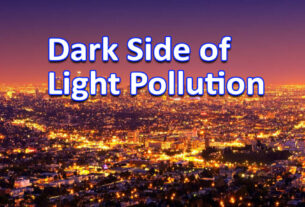On August 9th, 1945, a second atomic bomb, code-named “Fat Man,” was dropped on the Japanese city of Nagasaki, resulting in a catastrophic loss of life and marking a tragic chapter in human history. Nagasaki Day is observed annually to remember the victims of this devastating event, honor their memory, and advocate for a world free from the horrors of nuclear weapons.
The bombing of Nagasaki came just three days after the atomic bomb was dropped on Hiroshima. The scale of destruction and suffering was immense, with buildings obliterated, fires raging, and thousands of lives lost. The aftermath left a lasting impact on the survivors, known as hibakusha, who endured not only the immediate effects of the blast but also the long-term consequences of radiation exposure. The stories of these survivors, their resilience, and their plea for a world without nuclear weapons are at the heart of Nagasaki Day.
Commemorations on Nagasaki Day take various forms, from solemn ceremonies to educational events. Candlelight vigils, peace marches, and discussions on nuclear disarmament underscore the importance of remembering the past while working towards a safer and more peaceful future. It’s a day to reflect on the immense human suffering caused by the atomic bombings and to reaffirm our commitment to preventing such atrocities from happening again.
Nagasaki’s transformation from a city ravaged by nuclear destruction to a symbol of peace and reconciliation is a testament to the power of human resilience and the pursuit of understanding. The city’s Peace Park, established near the bomb’s hypocenter, stands as a poignant reminder of the need to promote harmony and unity among nations.
In recent decades, the urgency of nuclear disarmament has gained renewed momentum. International efforts to reduce nuclear arsenals and prevent the proliferation of nuclear weapons have highlighted the catastrophic consequences that a modern-day use of such weapons would entail. Nagasaki Day serves as a platform to advocate for diplomatic solutions, arms control, and the complete elimination of nuclear weapons.
As we mark Nagasaki Day, it is crucial to remember that the horrors of the past must not be forgotten, nor should they be repeated. The legacy of the atomic bombings serves as a stark warning about the devastating potential of unchecked power and the importance of fostering a culture of peace, cooperation, and global understanding.
Nagasaki Day reminds us that our responsibility as global citizens is to work tirelessly towards a world in which the shadow of nuclear annihilation is replaced by the light of hope and cooperation. It is a day to stand in solidarity with the survivors, honor the memory of the victims, and redouble our efforts to ensure that the tragedies of Hiroshima and Nagasaki are never repeated again. Only through a collective commitment to peace can we truly honor the lives lost and create a future where the specter of nuclear war is relegated to the pages of history.
bhalakatha
prayas
mind plugin
#bhalakatha #prayas #MindPlugin





